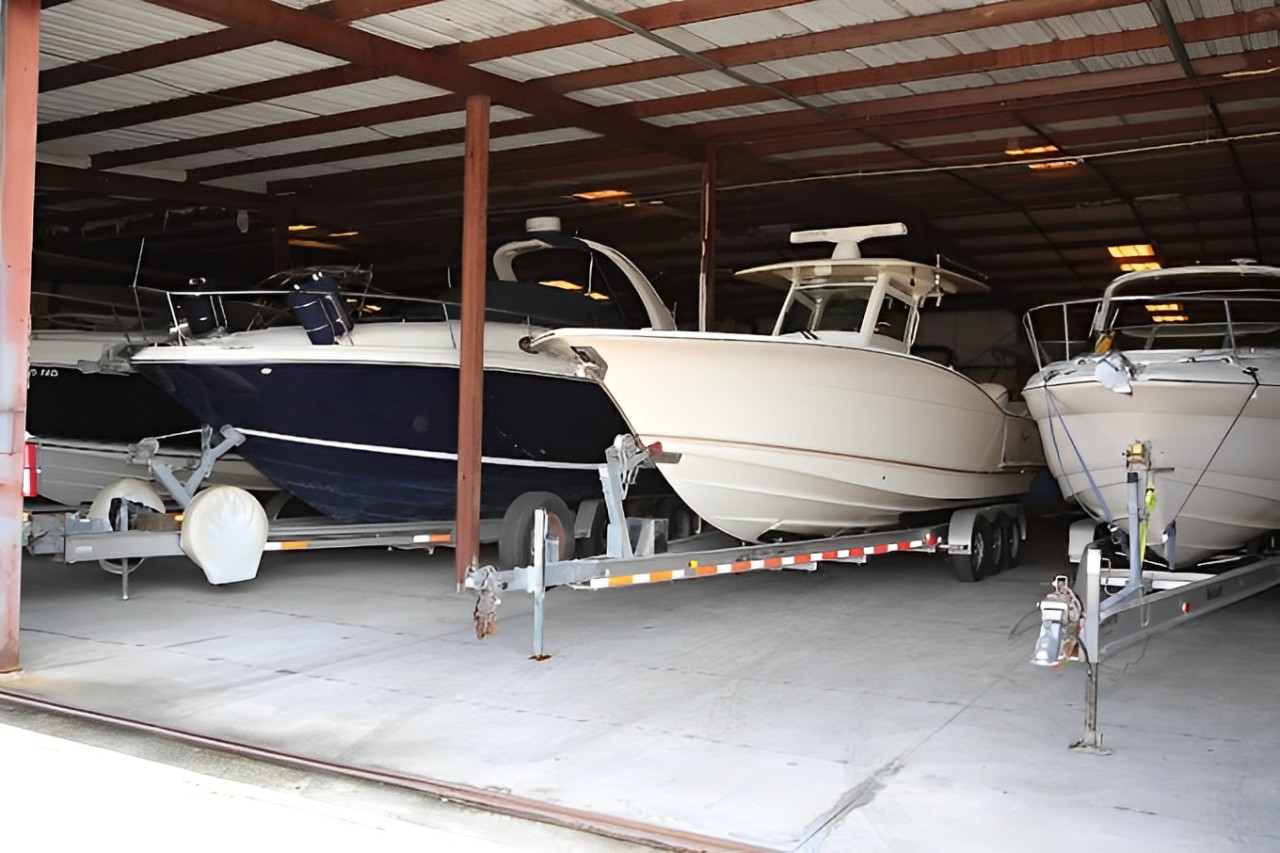Your customers are your customers because they need a self storage unit. But, have you ever stopped to think about why they need a self storage unit? Understanding what prompts people to take on the expense of self storage tenantship can inform and greatly improve your marketing efforts, giving you insight that you can use to tailor your marketing efforts and messages to them. In this blog, we look at the most common reasons people have for using a self storage unit to get you started on ways to target them through your self storage marketing materials.
Marketing to the Right People, with the Right Message, at the Right Time
It’s often called the holy grail of marketing: Reaching the right person with the right message at the right time. It’s essential to the success of any marketing campaign because it ensures personalized messaging that speaks to a particular consumer’s current life situation. Unfortunately, too many businesses spend their time and money targeting the wrong people, with the wrong message, at the wrong time.
Recently, Google has been advocating the concept of winning the “moments that matter” for brands. They state: “People are more loyal to their needs at the moment than to any particular brand.” The search engine giant goes on to say, “Every day, three billion people around the world have dozens of moments that matter to them and their lives. These moments create billions of ‘signals’, which not only include context e.g. where someone is, what device they are using or the time of day but also intent: what someone wants or needs at that moment.
So, why do people use storage units? In order to reach your customer base and build your business, let’s take a look at the most likely candidates for self storage tenantship.
Who Uses Self Storage? Your 10 Most Likely Customers
Understanding who uses your self storage facility most often can help you target them; you can also begin considering potential customers that you haven’t been marketing to that could provide a lot of business (this may often depend on your location, local demographics, etc). Here’s a look at the top ten most frequent self storage tenants.
1. Home Renovators
Popular DIY television shows like Property Brothers, Love It or List It, and Flip or Flop have led to an explosion in home renovation projects. Of course, when someone is carving out walls, adding a room extension, or reconstructing a leaky roof, the last thing they want is dust and debris on their carpets, furniture, and appliances. During times of renovation, a self-storage unit provides a safe temporary shelter for any valued movable items. The best part? Once work is complete, the renovator may decide some of the items should simply stay in storage rather than clutter up the new space.
2. Home Relocators
Over the years, homeowners have begun to buy, sell, and move with more frequency. In fact, the U.S. Census Bureau reports that the average person today will move residences more than 11 times in their lifetime. Of course, in a complex property market, moving to a new location isn’t always a straightforward process that can be accomplished in a day. Delays often occur, and without a fall-back option, many movers are left without a place to keep their belongings, making self storage an attractive and safe option until the new premise is available.
3. Relationship Changers
The national divorce rate still hangs around 50%, and 70% of straight couples break up in the first year of their relationship. That often means that one or both individuals in the relationship will need to temporarily store their items, removing them from the joint residence while they look for an acceptable alternative accommodation. On the other hand, partners coming into a new relationship may be in a hurry to move in together, with one or both leaving their existing accommodations and setting up house together as quickly as possible. Either way, a self-storage unit provides a secure resting point for any valued personal items which can’t be relocated immediately, and self storage marketing flyers or other material can highlight this.
4. Equipment & Vehicle Storers
A lot of equipment and vehicles are used on a seasonal basis. And, when it’s off season, storing these items or vehicles can become a burden. For example, skiers or boaters may want their equipment and gear out of the house during the off-season, while landscapers may want mowers or snowblowers out of their garage at these times. Facilities allowing larger items may also target those who want to store larger items, e.g., shelter and environmental protection for cars, boats, motorcycles, trailers, etc.
5. Savvy Collectors
From classic cars to comic books, there are collectors of all kinds, and many of the items they collect can’t be stored at home due to a lack of space (or security). A secure and climate-controlled storage unit can also house items such as family heirlooms, antiques and photographs, vinyl records, artwork, musical instruments, and much more, without worry.
6. Travelers & Transients
Don’t forget about those frequent flyers and road warriors! People who move about often for work or personal reasons often need to stay in some type of short-term accommodation that simply cannot house all of their belongings. Of course, shifting all of their valuables each time they make a trip is also impractical. So, these transients may be looking for a self-storage unit that can provide the space and protection necessary for holding items that aren’t required on their travels. Be sure to be willing to negotiate for whatever length of time is most convenient for them during the duration of their trip to secure their business.
7. Corporate Downsizers
With the pandemic leading to many employees going remote, today nearly 70% of large-company CEOs say they plan to downsize their office space in the coming years. But, what to do with all that “stuff”? Warehouses can be expensive, and many of these business organizations often need to store samples, inventory, business archives, furniture, and important documents relating to their work. The right self-storage units can provide a secure and economical solution, with climate and environment controlled facilities protecting important documents from the elements.
8. Ecommerce Entrepreneurs
Many ecommerce businesses and entrepreneurs use self storage units to help their operations, as it provides a place for storing their merchandise temporarily. For example, self storage facilities have become a great place for ecommerce businesses to store their goods, acting as a “hub” between the production of products and the shipping of products. They do this because they’re typically not subject to business rates/taxes, and rent is a fraction of the price compared to renting a similarly-sized storefront. So, independent self storage facilities with vacancies may want to advertise this as an option if they don’t mind customers frequenting the unit (you may be able to charge more, in fact).
9. Holiday Hoarders
Some people (and businesses) go all out when it comes to decorating for the holidays. Christmas is a big one, of course, but other holidays such as Halloween also often entail lots of elaborate decorations. Of course, once the day, or season, is over, where do you put all the stuff? Self-storage owners and operators can target these holiday-focused individuals and businesses by highlighting how much easier it is to simply put the items in self-storage until the next year rolls around.
10. Space Savers & Environmentalists
Sometimes, space is just an issue. For anyone who’s running out of space for their belongings in their home or office, a self-storage unit provides a secure and economical option for accommodating all that extra stuff that’s not used on a day-to-day basis. Of course, sometimes smaller spaces are desirable. Along with companies that are downsizing their office space, many individuals are downsizing their living space too. Today, many Millennials are buying smaller homes citing energy efficiency and smaller environmental footprint, and Americans in general are leaning toward smaller homes too (smaller homes mean smaller mortgages, lower development costs, and reduced spending).
–
This story first appeared in the Storelocal blog.














